Take Tiriti - Treaty Matters
There are areas within the Treaty space that are subject to negotiations, and Ministerial and Cabinet approval.
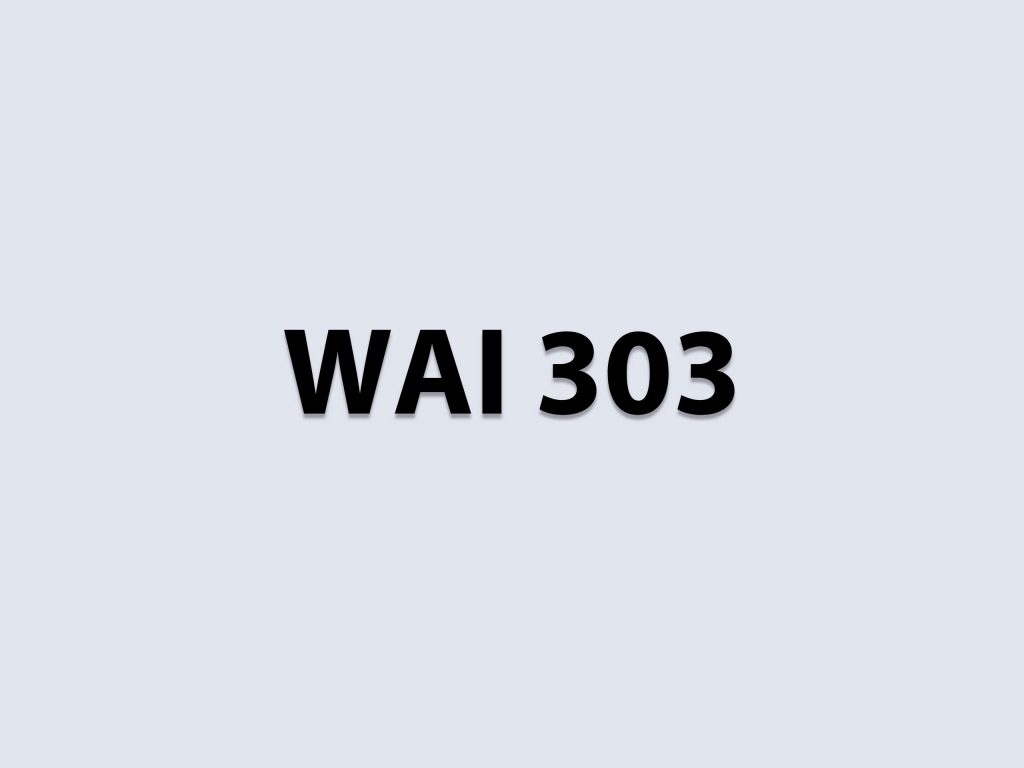
Background
Since 1992, the Rūnanga has carried out a key role in progressing the iwi claims of Ngāti Whātua through claim number WAI 303. The Rūnanga has managed the WAI 303 claim on behalf of all of Ngāti Whātua to ensure that the iwi moves forward and settles its historical iwi claim. In addition, the Rūnanga is committed to providing a unified approach across Ngāti Whātua hapu who have not yet settled.
The purpose is prefaced with a background section to the Deed of Settlement followed by a historical account, and the Crown acknowledgments concluded with the Crown Apology. Redress will be set out in cultural and commercial matters.
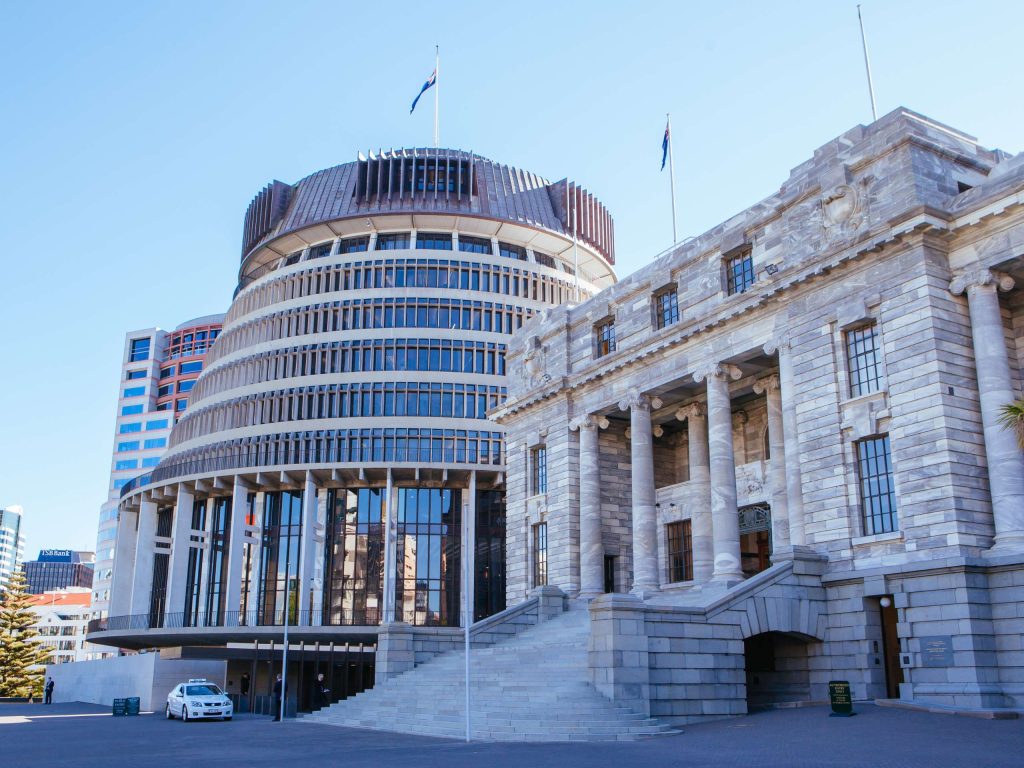
Deed of Mandate
Te Rūnanga o Ngāti Whātua (the Rūnanga) on behalf of Ngāti Whātua iwi seeks to enter into negotiations with the Crown for the comprehensive and final settlement of all of the remaining historical claims of Ngāti Whātua.
On 21 May 2008, The Rūnanga was confirmed by the Crown as representatives of a large natural grouping for Treaty settlement negotiations.
The mandate for the Rūnanga was recognised by Ministers of the Crown in December 2008.
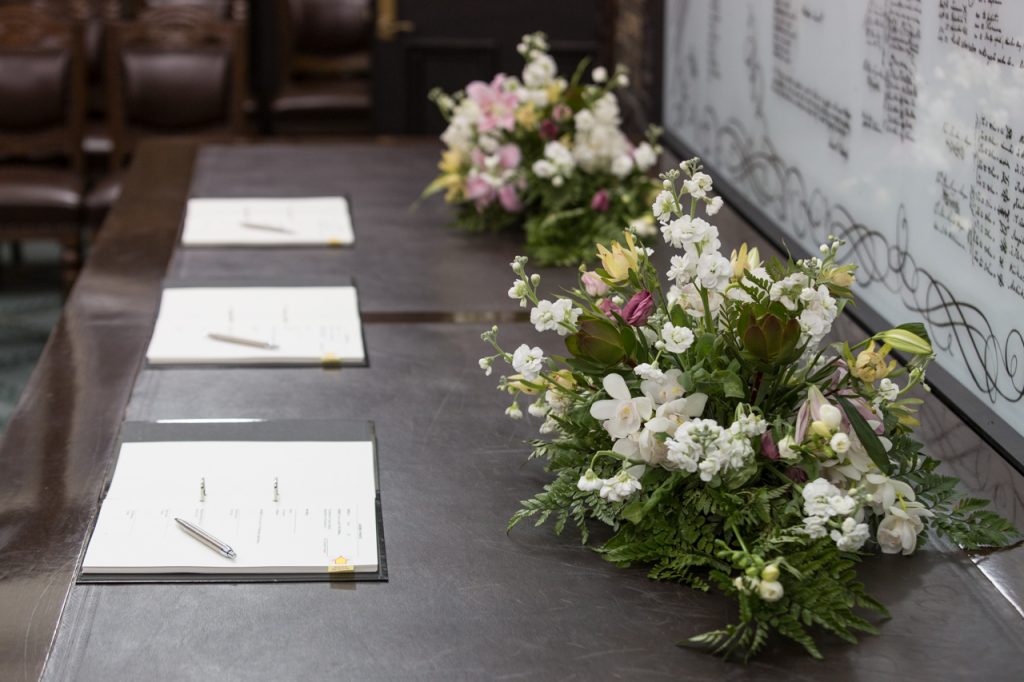
The Claimants
The claimants include all of Ngāti Whātua iwi in the context of the WAI 303 iwi claim. The claimant group includes all individuals registered as Ngāti Whātua who descend from the tupuna, Haumoewārangi, and other recognised tupuna of his generation. This is consistent with the Rūnanga Charter and Te Rūnanga o Ngāti Whātua Act 1988.
WAI 303 Negotiators
-
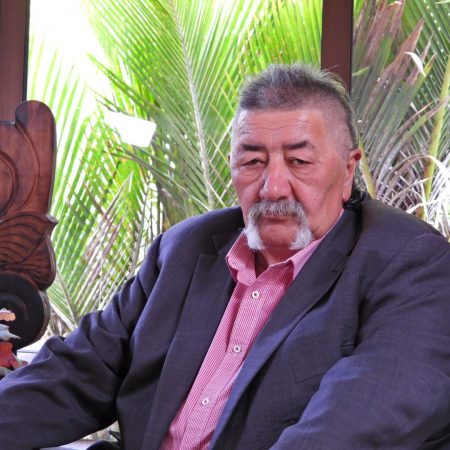
Tame Te Rangi
-

Pat Nepia
-
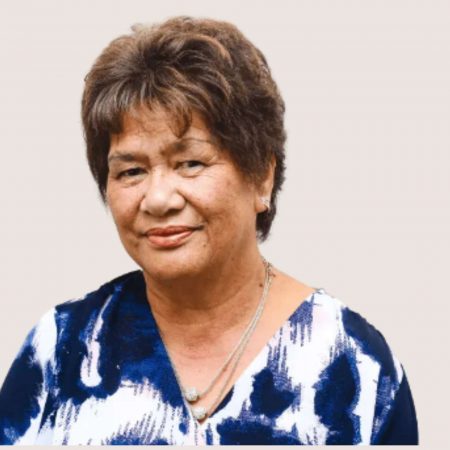
Lillian Patuawa
-
Cherie Povey
-

William Wright
-

Georgina Connelly
-

Virginia Warriner
-
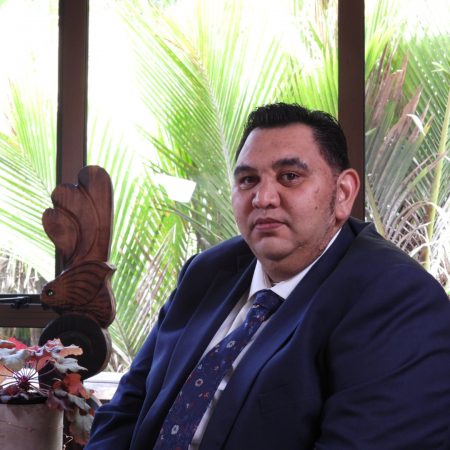
Tyrone Raumati
WAI 303 Overview - Establishing a new Post Settlement Governance Entity.
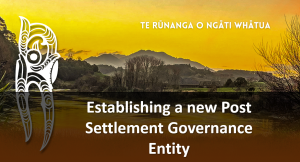
What is a Post Settlement Governance Entity (PSGE)?
Purpose: To hold and manage the settlement redress transferred to the claimant group under the Deed of Settlement.
- Adequately represents all members of the claimant group.
- Has transparent decision-making and dispute resolution procedures.
- Its fully accountable to the whole claimant group.
- Ensure the beneficiaries of the settlement and the beneficiaries of the governance entity are identical when the settlement assets are transferred from the Crown to the claimant group and,
- Has been ratified by the claimant community.
Please Note: Tē Rūnanga o Ngāti Whātua has not agreed on a final PSGE and nor will they until they have completed consultation with our hapū and each of the 5 takiwā.
Ngāti Whātua PSGE representation - Options for Discussion.
Purpose
- This document sets out some options for representation (i.e., the basis on which trustees will be elected) for the Ngāti Whātua PSGE. A range of options is described, together with some advantages and disadvantages of different approaches. The document is for the project team to discuss so that a refined set of options (and potentially a favoured option) can be put forward for consultation and discussion by Ngāti Whātua uri.
Please Note: Tē Rūnanga o Ngāti Whātua has not agreed on a final PSGE and nor will they until they have completed consultation with our hapū and each of the 5 takiwā.
WAI 303 Overview - Summary of WAI 303 Redress.
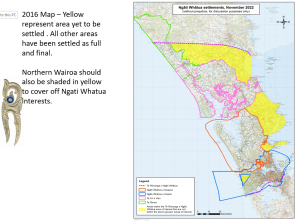
2016 Map – Yellow represent area yet to be settled. All other areas have been settled as full and final.
Northern Wairoa should also be shaded in yellow to cover off Ngāti Whātua interests, at the time of the map being created in 2016 our negotiators had not resolved matters relating to Ngāti Whātua.
Please Note: Tē Rūnanga o Ngāti Whātua has not agreed on a final PSGE and nor will they until they have completed consultation with our hapū and each of the 5 takiwā.

